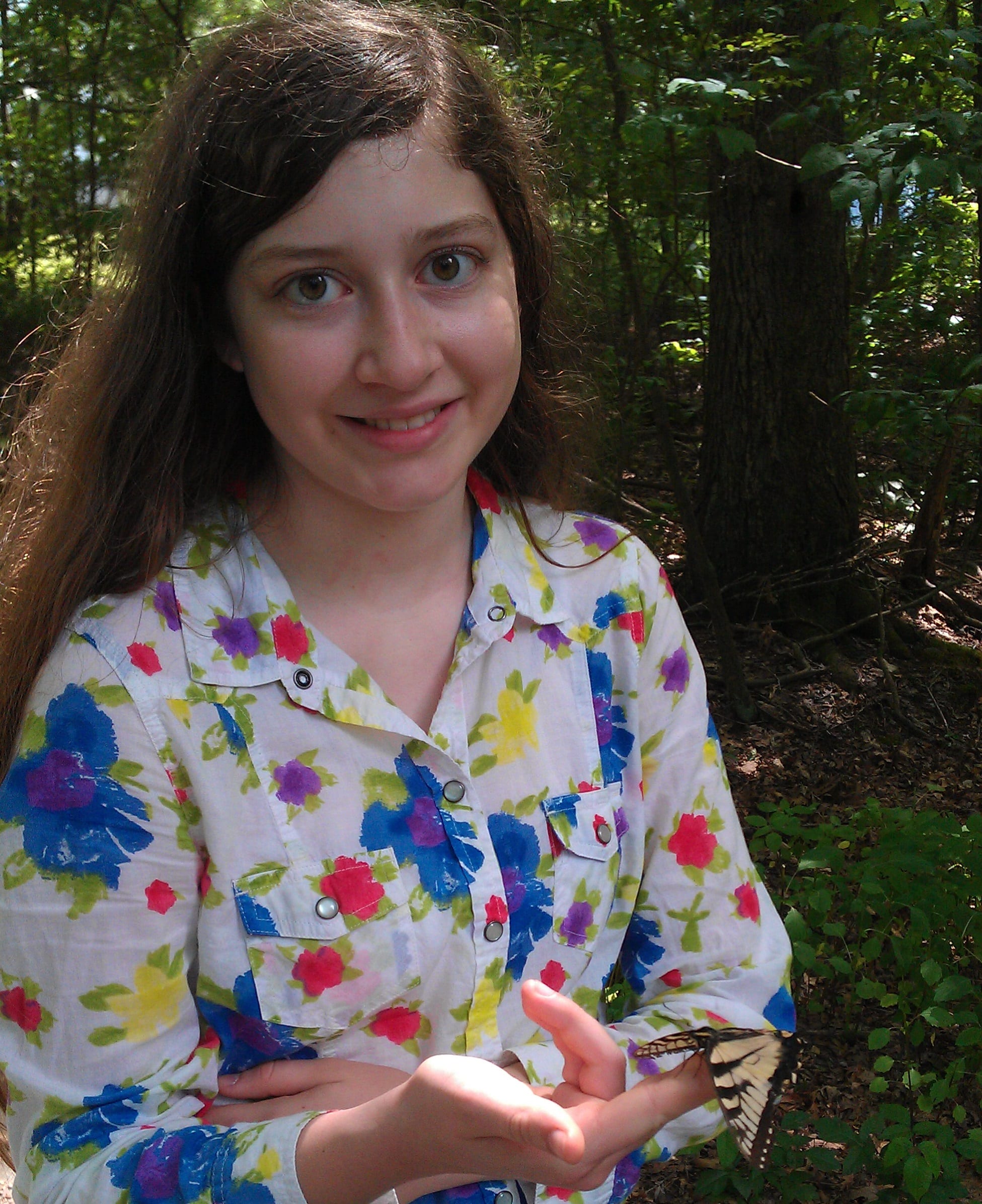To celebrate the holiday season, ASO is bringing you a science-filled 12 Days of ASO Christmas! This will be a series of ‘mini-blogs', by Rosemary Wills, centered on the science of some of our most cherished traditions. This is the ninth in the series.
The Myth:
Sugar makes kids hyper.
The Reality:
The sugar-hyperactivity connection is not supported by science.

Let's settle this one once and for all: despite thorough investigation by numerous studies, none have turned up conclusive evidence for the “sugar rush.â€
One of the most well-known of these studies found that children identified as “sensitive to sugar†by their parents did not show any difference in behavior between high-sugar and high-aspartame (a placebo) diets. In fact, the only sugar-related factor found to influence behavior seems to be parents' own preconceptions. A separate study found that when mothers were informed their child had just consumed a large amount of sugar, they consistently reported worse behavior- even when their kid had actually been given a placebo.
So if your kids are bouncing off the walls this season, don't blame the candy canes or Christmas cookies. Blame the holiday cheer.
About the Author
 Rosemary Wills is an undergraduate at UGA majoring in Plant Biology and Science Education. When she's not writing, coding, or spending time with family, she enjoys growing plants in her windowsill and crocheting science-related things. More from Rosemary Wills. Rosemary Wills is an undergraduate at UGA majoring in Plant Biology and Science Education. When she's not writing, coding, or spending time with family, she enjoys growing plants in her windowsill and crocheting science-related things. More from Rosemary Wills. |
About the Author
- athenssciencecafehttps://athensscienceobserver.com/author/athenssciencecafe/April 17, 2020
- athenssciencecafehttps://athensscienceobserver.com/author/athenssciencecafe/April 12, 2020
- athenssciencecafehttps://athensscienceobserver.com/author/athenssciencecafe/April 3, 2020
- athenssciencecafehttps://athensscienceobserver.com/author/athenssciencecafe/March 30, 2020







